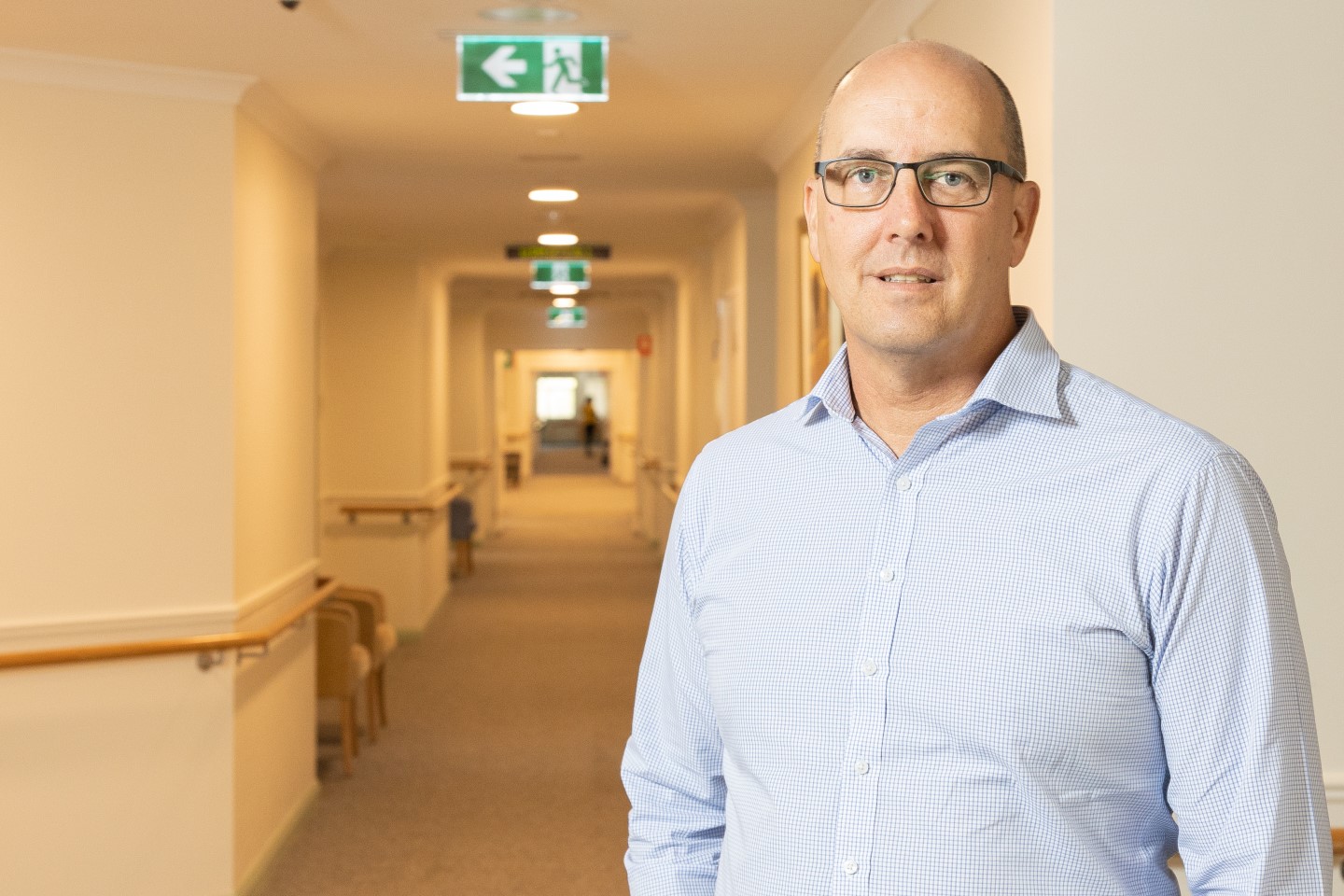An aged care sector already in crisis faces an even greater challenge to deal with an Omicron outbreak in WA.


Christmas Eve 2021, there were 385 active cases of the Omicron variant of COVID-19 among nursing home residents and staff in Australia.
At the time of writing one month later, that number has grown to 19,059 active cases: a 4,850 per cent increase. With this dramatic rise in cases, of course, has come death.
Since Omicron arrived, 250 of our elderly Australians in nursing homes have died earlier than they should have and without their families (compared with 192 before Omicron, in 2021).
With Omicron now entrenched in the community in Western Australia, we can expect this trend to be replicated in our own nursing homes.
The premier’s decision to delay opening WA’s borders has bought us some time, but only time, and not very much of it.
At stake, of course, are the lives of our nursing home residents. Some may argue that these people will die anyway, but that is an is abhorrent position to hold.
These are the Western Australians who built this state, our parents and grandparents.
At stake also is the political future of the McGowan government. While ministers may like to assert that aged care is a federal issue, the unavoidable reality is that the state’s aged care sector is a deeply enmeshed part of WA’s health ecosystem.
If the WA aged-care sector buckles, then the fall-back will be the state’s already stretched hospital system. The government then finds itself funding aged care, and preventable deaths in the community increase as those people are unable to access hospital beds.
None of this is rocket science and all of it will be examined with 20/20 hindsight in due course.
The aged care providers I speak to daily are overwhelmingly worried about the same things: access to boosters, access to protective personal equipment and rapid antigen tests, and how they are going to keep enough staff at the coalface to ensure they can look after their residents.
They have been planning for this for two years, but Omicron has thrown out most of the rule book. There are many unknowns.
There are still many aged care homes across the state that have not been visited by a federal government booster vaccination team (despite the rhetoric).
Amana Living chief executive Stephanie Buckland remains worried about access to boosters.
“As at January 24, five of our thirteen nursing homes do not have a Commonwealth booster clinic scheduled until after January 31 2022,” Ms Buckland told Business News.
“We are looking at alternative arrangements but are increasingly worried about our residents’ vulnerability now that we know that Omicron is in the community.”
As Omicron takes hold in a nursing home, we can expect that up to 50 per cent of aged care staff will be furloughed, leaving the care of residents in the hands of a weary few. As I’ve previously written, the sector is already experiencing a workforce crisis and the surge workforce lauded by the federal government is largely illusory.
Further, there is still no fit-for-purpose guidance from the state government on the protocols for determining close contacts and return-to-work requirements in an Omicron environment. This is despite guidance for furloughing of essential workers being issued by the Commonwealth chief medical officer (and followed by most states and territories).
Of great concern is the current government policy to prevent providers from accessing PPE and RAT stockpiles until after there has been an outbreak. While these can be procured on the private market, the lead times have blown out as the federal and state governments prioritise their own orders with the same suppliers.
Baptistcare chief executive Russell Bricknell is keenly focused on what lies ahead.
“We must learn from what has happened over east. We know that pre-Omicron public health guidelines are not fit for purpose in an aged care context,” Mr Bricknell said.
“The eastern states have had to learn this on the run. There is still an opportunity for the WA government to deliver very clear and targeted public health guidelines for residential aged care … but collaboration and consultation with the aged care sector are crucial.”
The decision to keep the WA borders closed has extended the opportunity for the state government to get in front of Omicron and protect our elderly nursing home residents. It is vital this extra time is not squandered.
“A good offence is the best defence,” Ms Buckland said.
“We need the state and federal governments to engage with us so that we can give our elderly residents the best chance.”
• Amber Crosthwaite is a commercial lawyer specialising in seniors living, aged care and disability














